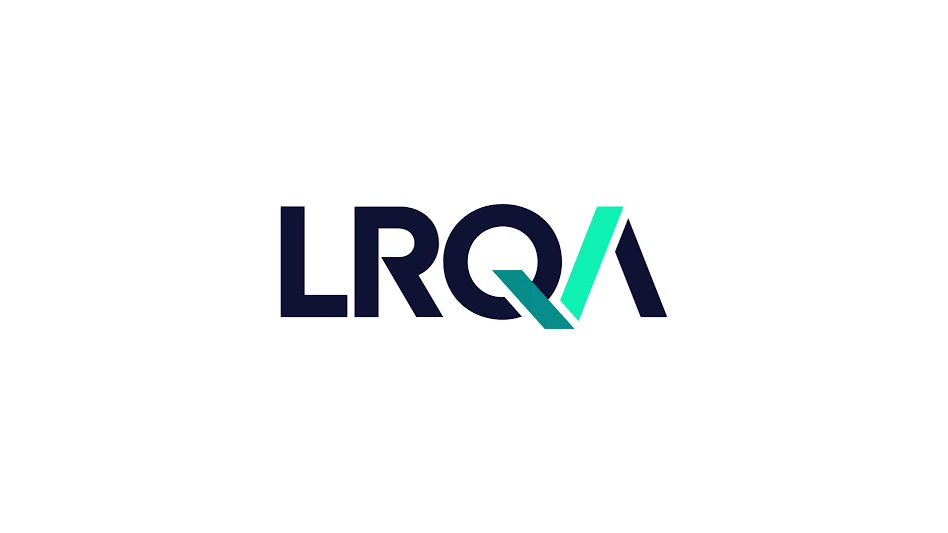
As the Global Food Safety Initiative (GFSI) Conference 2024 takes place in Singapore April 8-11, global assurance partner LRQA is warning that food businesses need to uphold regulatory obligations and meet consumer expectations of safe, authentic, high-quality products and demonstrate integrity across their supply chain.
Maintaining product integrity has emerged as a key client challenge, said Kimberly Coffin, global technical director for supply chain assurance at LRQA. It’s a sentiment echoed by the World Economic Forum, which said that geopolitics, new technologies and climate change signify growing turbulence and the risk of global catastrophe for supply chains.
Coffin will use her Tech Talk at the GFSI Conference to urge those in food businesses to ensure that risk, from all angles, is being analyzed and mitigated by using continuous assurance, solution-based partnerships and on-the-ground expertise combined with data-driven decision making.
“Interconnected risk is emerging as a vital consideration for food safety professionals when approaching the assessment of risk,” she said. “Think about, for example, the effects of climate-related crop failure on raw material availability and need for rapid on-boarding of new supply; or the inherent risk of cyber-attack when selecting and implementing new technologies for improved ways of working. It is this need to analyse and consider risk in an ‘end-to-end’ way that is becoming crucial to businesses surviving times of crisis.”
As part of her Tech Talk, Coffin will also outline the essential steps businesses must take to navigate this new era of risk. These include using potential vulnerabilities, rather than only known risks, to inform the view of holistic risk to product integrity; leveraging extended data sources to determine risk impact — both critical shifts in thinking to keep up with often moving targets; and ensuring that businesses are well-prepared for the decade of evolving risk ahead.
“We need people to understand where the data with greatest value exists and how that data can be captured, analyzed to identify signals of vulnerability, and used to assess the efficacy of existing controls when setting risk management priorities,” said Coffin. “Aggregating a large amount of meaningful data can truly inform where risk resides so businesses can better understand potential impacts to product safety, brands and ultimately to consumers.
“In this new era of risk, it is not about producers, manufacturers and suppliers doing more, but establishing a new approach to setting risk management priorities using data to identify areas of risk and create effective strategies that go beyond compliance — ensuring no compromise to the integrity and safety of their products.”
Coffin’s Tech Talk will take place on April 9 at 3 p.m.
Latest from Quality Assurance & Food Safety
- Chef Robotics Introduces Pat-Down Capability for Meal Presentation and Sealing
- USDA Launches Regenerative Pilot Program
- Indoor Ag-Con Adds Food Safety Track to Conference Lineup
- IDFA Recognizes Federal Officials for Support of U.S. Dairy Industry
- Tetra Pak Acquires Bioreactors.net
- Fresh Del Monte Receives Rabobank Leadership Award
- São Paulo Earns Guinness World Record for Largest Municipal Food Security Program
- KPM Analytics Releases Ready-to-Use NIR Calibration Packages





